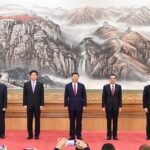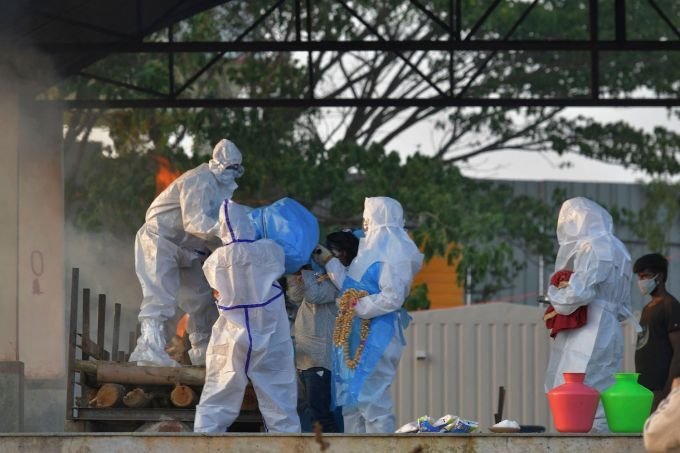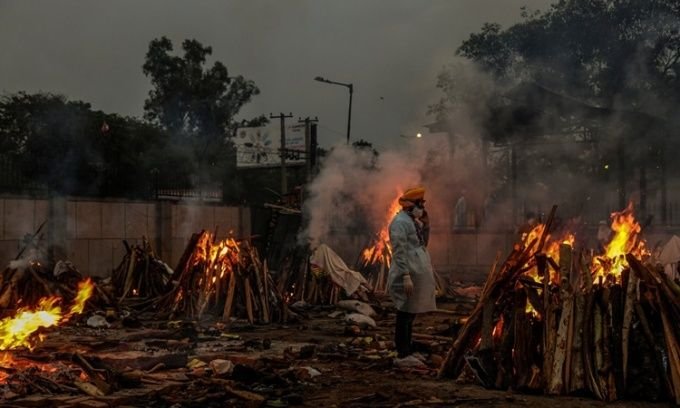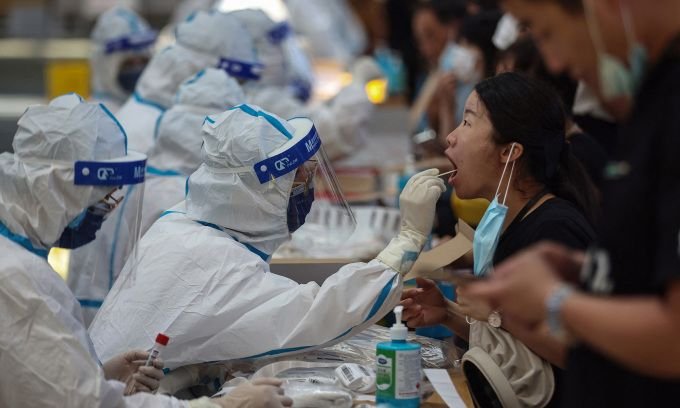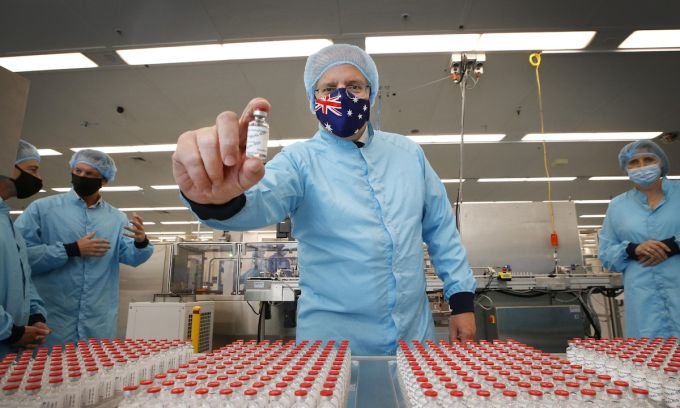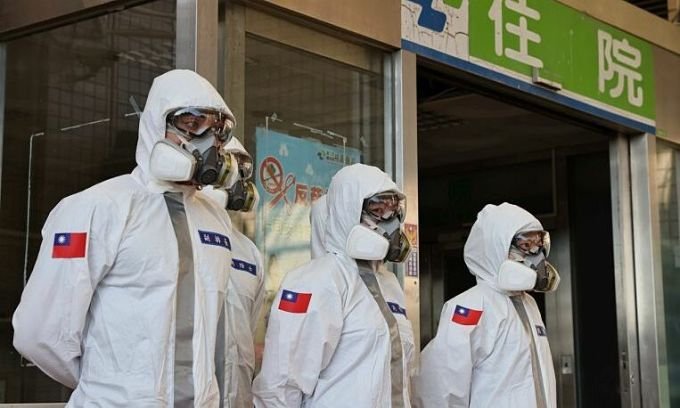US President Joe Biden’s administration on April 26 pledged to soon export tens of millions of doses of the AstraZeneca vaccine, marking a change in the country’s Covid-19 response policy.
The decision was made after a chaotic week, when Washington’s carefully crafted diplomatic pandemic response plan collapsed because of India’s Covid-19 crisis.
In recent months, there has been debate within the White House about diplomatic strategy during the pandemic.
Bengaluru city residents wearing protective clothing brought the bodies of relatives who died of nCoV infection to the crematorium on April 26.
However, many key officials in Biden’s domestic policy team, including a number of political advisers and the nCoV response team, want to focus on building community immunity in the US before delivering vaccines and
The White House finally chose a strategy to reconcile these two different positions.
According to the plan, that pivot moment will take place before the G7 summit in the UK on June 11.
In early April, US Secretary of State Antony Blinken appointed Gayle Smith, former head of USAID, to lead the vaccine diplomacy strategy.
At the same time, every time the press questioned the import restrictions, the White House spokesman always argued that the US had the highest number of infections and deaths from Covid-19 in the world.
This two-step plan shows promising prospects.
Biden’s calculation would have been successful if Covid-19 had not suddenly broken out violently this spring.
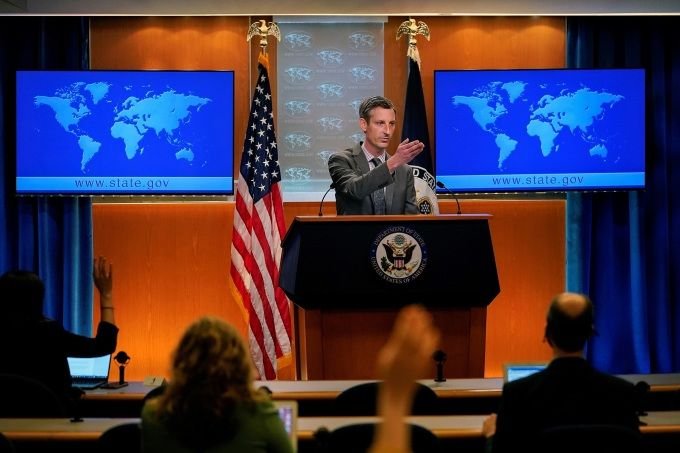
US State Department spokesman Ned Price responded to a press conference on March 31.
On April 16, Adar Poonawalla, CEO of the Serum Institute of India (SII), the world’s largest vaccine manufacturer, posted on Twitter calling on Biden to lift the ban on exporting vaccine raw materials from the US to demonstrate `the
In reality, the situation is not as bad as Poonawalla describes.
While many countries offered help to India, including two geopolitical rivals, China and Pakistan, the Biden administration was unusually silent.
Price just repeated the message the Biden administration has repeatedly stated over the past few months.
Indian leaders still clearly understand the pressures Biden is facing.
`What surprised us was the slow response from the US. It created misunderstandings in public opinion and made things complicated,` an Indian official told the Wall Street Journal last week.
The Biden administration sees India as a central piece of the Indo-Pacific strategy, but the US-India relationship is in crisis.
Meanwhile, Chinese embassies simultaneously released information about Beijing’s support for New Delhi.
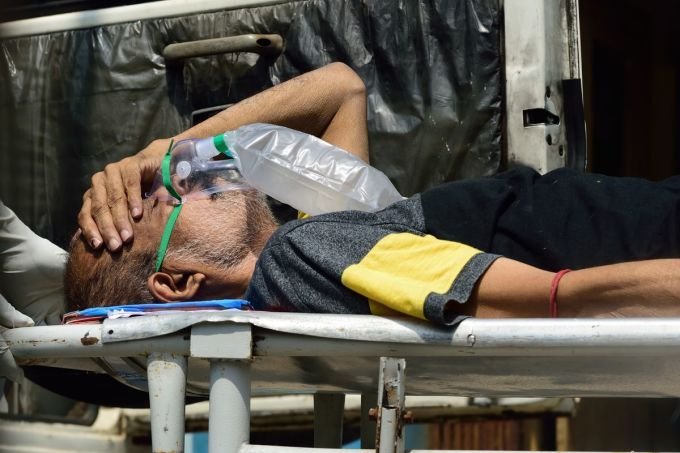
The patient in Kolkata, India, was taken to the hospital on April 24 after testing positive for nCoV.
The US President’s foreign affairs advisory team sees risks.
On the night of April 24, a series of diplomatic moves were carried out.
According to Thomas Wright, senior expert at the Brookings Institution, the Biden administration’s mistake in the Covid-19 India story was not the decision to prioritize vaccinating Americans before stepping up international support.
After recent moves, the White House seems to clearly understand what it needs to do next.
`It’s only when you’re in trouble that you know who your friends are. It’s disappointing that at that time, your friends don’t immediately support you, even increasing the difficulties. The US acted like that when India had a second wave.

